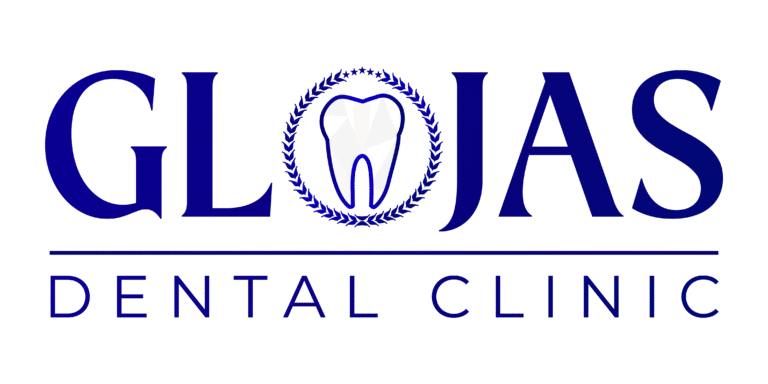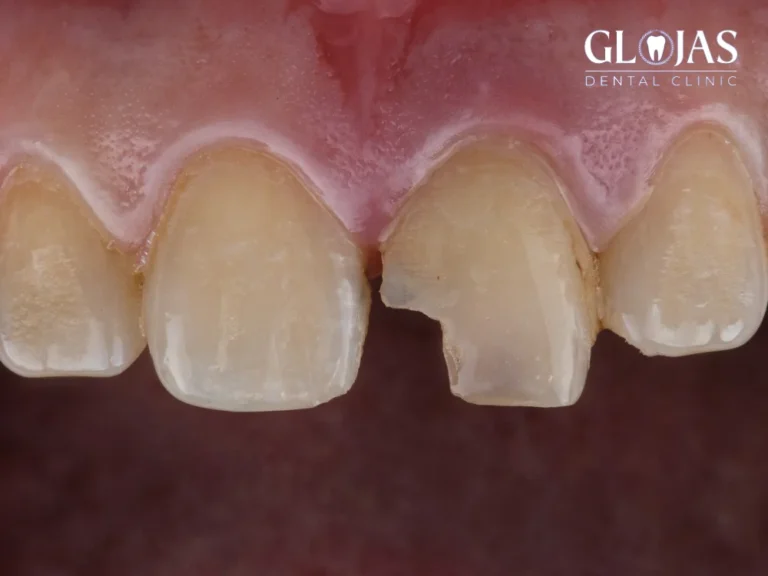A chipped tooth can be an unexpected and unpleasant surprise. Whether it happens while biting down on something hard, playing sports, or after a minor accident, a chipped tooth can affect your smile, confidence, and oral health. Fortunately, modern dentistry offers several safe and effective ways to repair a chipped tooth and restore your smile.
In this article, we’ll explore the causes of a chipped tooth, treatment options, and preventive measures to keep your teeth strong and healthy. We’ll also address some commonly asked questions to help you better understand how to manage and treat this dental issue.
What is a Chipped Tooth?
A chipped tooth refers to a tooth with a broken, fractured, or worn-off piece, usually caused by external force, decay, or excessive pressure. Although enamel is one of the hardest substances in the body, it’s not indestructible. A chipped tooth can range from a small cosmetic issue to a serious dental concern if the fracture exposes sensitive inner tooth layers.
Common Signs and Symptoms of a Chipped Tooth
If you suspect you’ve chipped a tooth, look out for the following symptoms:
- Sharp edges on the affected tooth.
- Pain or sensitivity when chewing, biting, or drinking hot/cold beverages.
- A visible crack or missing fragment of the tooth.
- Tongue irritation due to rough surfaces.
Early detection is crucial, as ignoring a chipped tooth can worsen the problem and potentially lead to infections or further damage.
What Causes a Chipped Tooth?
A chipped tooth can occur for several reasons. Understanding the causes can help you take preventive measures.
1. Biting on Hard Foods
Chewing ice, hard candies, or unpopped popcorn kernels can place excessive pressure on your teeth, leading to fractures or chips.
2. Trauma or Accidents
Sports injuries, falls, or facial accidents are common causes of chipped teeth. Without proper protection, such as a mouthguard, your teeth are vulnerable to impact damage.
3. Teeth Grinding (Bruxism)
Chronic grinding or clenching of teeth can weaken enamel over time, making teeth more prone to chipping.
4. Cavities and Tooth Decay
Tooth decay erodes enamel, leaving teeth brittle and susceptible to chips and cracks.
5. Poor Oral Hygiene
Neglecting proper oral care can weaken your teeth and increase the likelihood of damage.
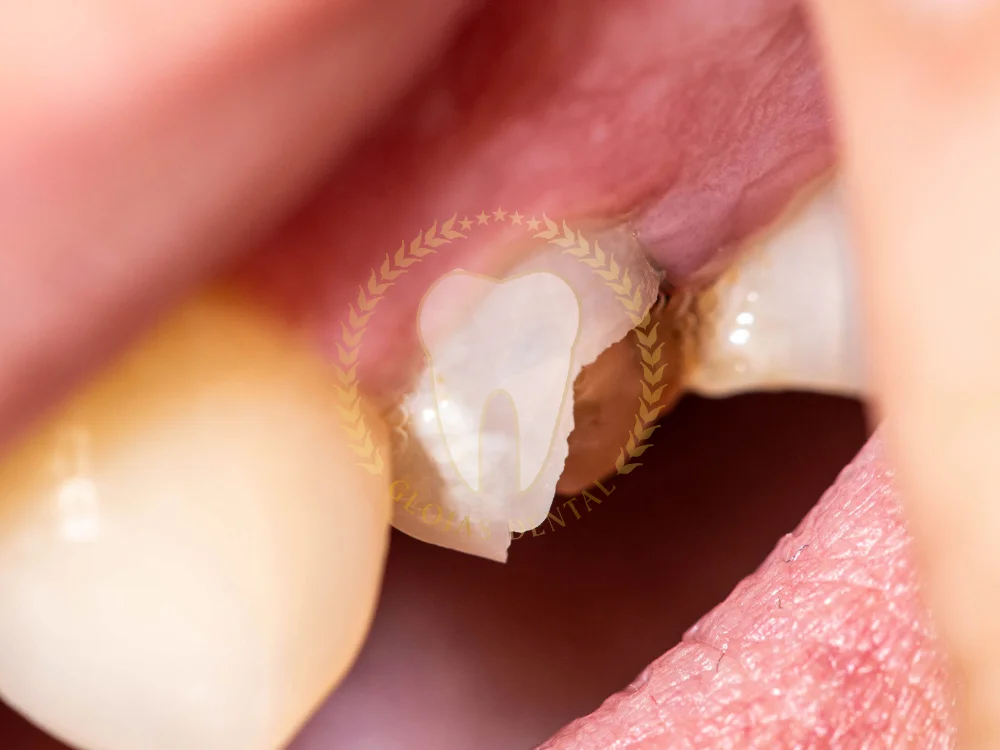
Top 5 Treatments for a Chipped Tooth
Fortunately, dentists offer various effective treatments to fix a chipped tooth based on the severity of the damage.
Dental Bonding
Dental bonding is ideal for small chips or cosmetic fixes. The dentist uses a tooth-colored composite resin to restore the shape and appearance of the tooth.
- Quick and painless procedure.
- Affordable option for minor repairs.
- Results can last several years with proper care.
Dental Veneers
Veneers are thin, custom-made porcelain shells that cover the front surface of the tooth to conceal chips or cracks.
- Excellent for cosmetic improvements.
- Durable and stain-resistant.
- Suitable for visible front teeth.
Dental Crowns
For larger chips, a dental crown (cap) can restore the tooth’s function and structure. Crowns are custom-made to fit over the damaged tooth.
- Ideal for severe fractures.
- Provides long-lasting protection.
- Enhances appearance and functionality.
Root Canal Treatment
If the chip exposes the tooth’s inner pulp, it may lead to pain or infection. A root canal removes the damaged pulp and seals the tooth with a crown.
- Prevents infection and tooth loss.
- Restores full tooth function.
Tooth Contouring and Reshaping
Minor chips can sometimes be smoothed out with contouring or reshaping. The dentist gently polishes and reshapes the tooth to restore its smooth appearance.
- Quick and non-invasive procedure.
- Suitable for very small chips.
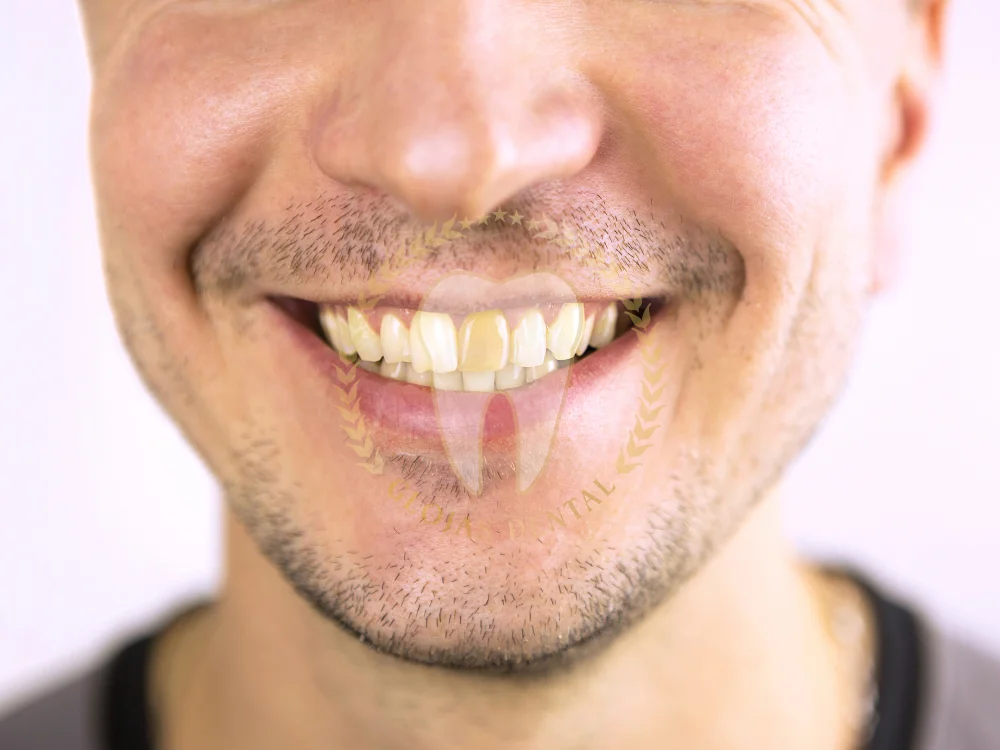
How to Prevent a Chipped Tooth
Prevention is always better than cure. Follow these tips to protect your teeth from chipping:
Wear a Mouthguard During Sports
If you play contact sports, wear a custom-fitted mouthguard to shield your teeth from trauma.
Avoid Chewing on Hard Objects
Avoid habits like chewing ice, pens, or biting hard candies that can damage your enamel.
Address Teeth Grinding
If you grind your teeth at night, consult your dentist about using a nightguard to protect against enamel wear.
Maintain Good Oral Hygiene
Brushing and flossing daily, combined with regular dental checkups, keep your teeth strong and free of decay.
Avoid Using Teeth as Tools
Never use your teeth to open bottles, tear packaging, or cut objects. Such practices can lead to unnecessary damage.
When to See a Dentist for a Chipped Tooth
If you notice a chipped tooth, it’s essential to visit your dentist as soon as possible. Even minor chips can escalate into bigger issues if left untreated. Prompt treatment ensures the best possible outcome and prevents further damage or discomfort.
What to Expect During Your Dental Visit
- Examination: The dentist will assess the severity of the chip.
- Treatment Options: Based on the extent of the damage, the dentist will recommend suitable treatment (e.g., bonding, veneers, crowns).
- Follow-up Care: Your dentist will provide tips to maintain the repair and prevent future chips.
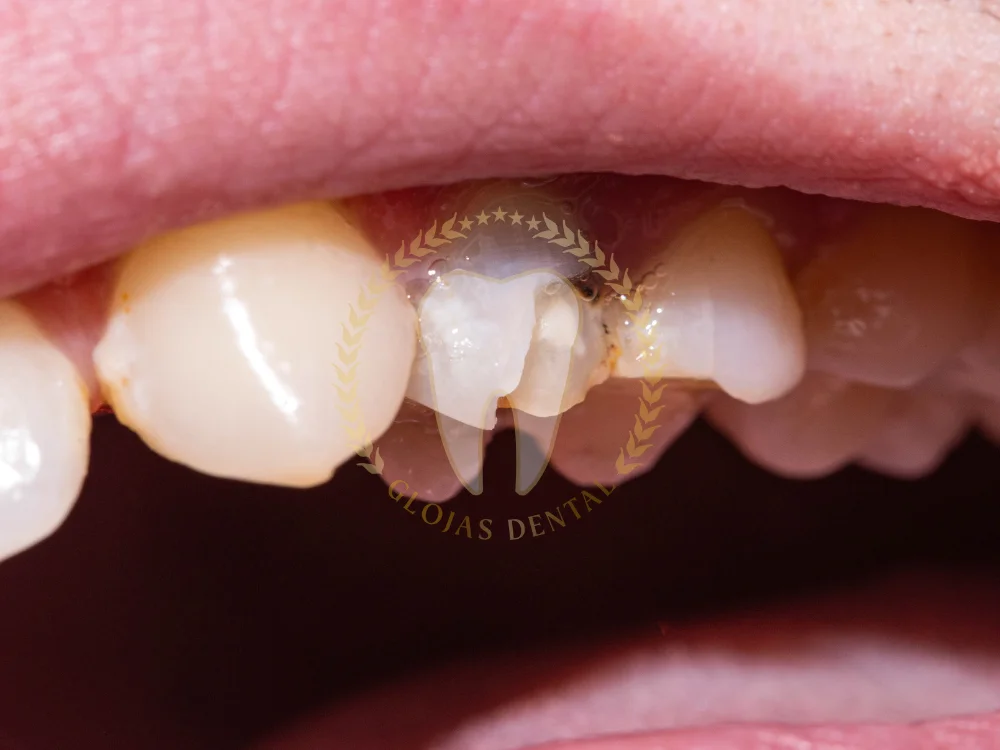
FAQs About Chipped Teeth
1. What should I do immediately after chipping a tooth?
Rinse your mouth with warm water, and if there’s bleeding, apply gauze. Use a cold compress to reduce swelling and contact your dentist immediately.
2. Is a chipped tooth an emergency?
While minor chips may not require immediate attention, severe chips causing pain, bleeding, or sensitivity need urgent dental care.
3. Can a chipped tooth repair itself?
No, a chipped tooth cannot heal on its own. Dental intervention is necessary to repair the damage.
4. How much does it cost to fix a chipped tooth?
The cost depends on the treatment. Bonding is the most affordable, while veneers and crowns may be pricier. Consult your dentist for an accurate estimate.
5. How long does it take to fix a chipped tooth?
Most procedures, like bonding or contouring, can be done in a single visit, while treatments like veneers or crowns may require multiple visits.
6. Will fixing a chipped tooth hurt?
No, most procedures are painless. Your dentist may use local anesthesia if needed to ensure comfort during the treatment.
Conclusion
A chipped tooth can affect both your smile and oral health, but modern dentistry offers a variety of safe and effective solutions to restore your teeth quickly. From dental bonding to veneers and crowns, there’s a treatment for every level of damage. By taking preventive measures like wearing mouthguards, avoiding hard foods, and maintaining good oral hygiene, you can protect your teeth from future chips.
If you experience a chipped tooth, don’t delay—consult your dentist to determine the best course of action and restore your confident smile.
